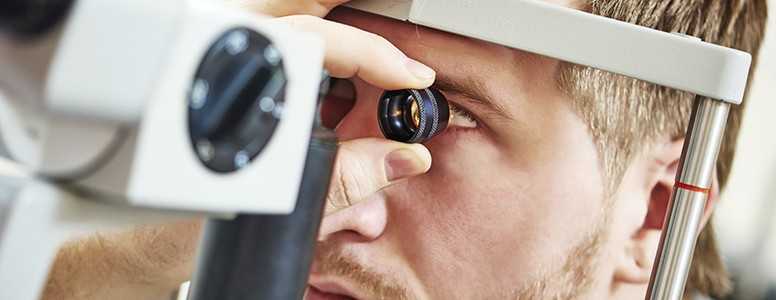The eyes of people with diabetes are set to benefit from a screening programme which will expand across more parts of Yorkshire.
The Diabetic Eye Screening Programme (DESP) has been successfully run across Wakefield and North Kirklees by Mid Yorkshire Hospitals NHS Trust for the last 15 years. But now it is set to be rolled out across Dewsbury and Batley, reaching a further 83,000 people. Over the next few years it is thought the new initiative will help more than 100,000.
Speaking to the Dewsbury Reporter newspaper Fiona Jorde, screening and immunisation lead at NHS England (West Yorkshire), said: “We’re pleased to have the Mid Yorkshire Hospitals NHS Trust as our provider of diabetic eye screening across Wakefield, North Kirklees and Leeds and with their help we would like to ensure that more people with diabetes can access their annual diabetic eye screening and protect their eyesight.
“The eye screening programme will reach out to people affected by diabetes and will also actively look to engage people who may not have previously accessed the programmen, such as people in care homes and prisons.”
It is essential people with diabetes have their eyes checked on a regular basis, to ensure they are healthy and that eye disease has not started to develop. Common forms include diabetic retinopathy, diabetic macular edema (DME), cataracts, and glaucoma.
If left untreated, people can be at risk of losing their vision. However, with regular monitoring, eye damage can be spotted at an early stage and long-term damage prevented.
The newly introduced screening programme will offer people with diabetes flexible appointments at a variety of places in the area. The aim is to find locations which are closer to people’s homes in a bid to make it easier for them to attend. A dedicated appointment helpline has also been made available so those with diabetes can easily change the date and time of their screening if they need to.
State-of-the-art technology devices will be in place at each location and a mobile va, which will be able to carry out screenings remotely, will also be deployed to places to assist those who may not be able to attend regular appointments.
What's new on the forum? ⭐️
Get our free newsletters
Stay up to date with the latest news, research and breakthroughs.





